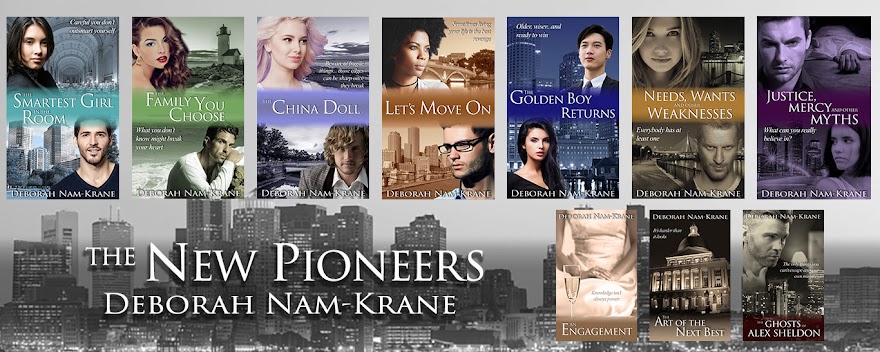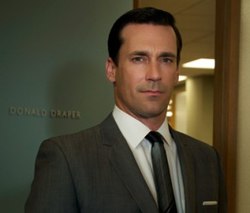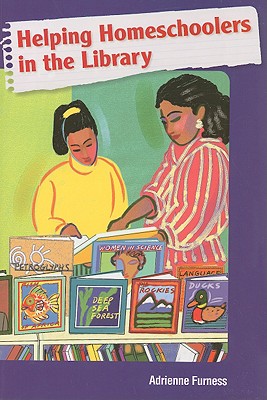This volume gives an extensive, nearly blow by blow account of how Lawrence came to the Middle East, why he became attached to the war effort and, most importantly, what he did. Anderson also explores the lives and careers of others who influenced the war and to some extent the outcome, including the German academic Curt Prufer, the American oilman William Yale and the Romanian-Palestinian-Jewish agronomist Aaron Aaronsohn. What all of three of the men shared was that they were also at one point spies, and each of them was trying to play the conflict in the Ottoman Empire to achieve their own ends. To do that, all of them needed the mercurial Djemal Pasha, one of the leaders of the Young Turks, in one way or another.
Lawrence, however, is the star. The quintessential outsider-looking-in, he perhaps believed more fully in the values of his civilization than the people who got to experience it more fully. He knew enough to distrust institutions, but his childhood interest in medieval warfare also led him to believe in doing the right thing (although he would never have used such a maudlin statement to describe himself).
Why did he identify so personally with Arab independence? Perhaps because his time in the region was his happiest memory; perhaps because there were aspects of the culture that reminded him of medieval Europe; perhaps because he had no love for imperial manipulation. Regardless of why, up until the very end of the war, he considered that his cause, not protecting British interests in the region.
There are many points during the book at which the reader will groan at the diplomatic machinations and lost chances. The description of the beginning of the Armenian genocide will make the reader wince- much as it did both Faisal Hussein, Lawrence's military and political partner in the region, and Djemal Pasha, who tried to offer as much protection to the survivors as he was capable of. The specter of what happened to the Armenians also haunted the Zionists both inside and outside of the region.
 |
| Buy from Brookline Booksmith |
Zionism was perhaps less controversial in the 1910s, but not by much. It, like every other consideration of the war, wasn't considered on its own merits but by what strategic advantage it could offer its sponsors or detractors. Lawrence himself was almost virulently anti-Zionist during the war in large part because he thought the proposals were ill thought-out and would further compromise the Arabs. However, by the Paris Peace Conference, he arranged for Faisal and Chaim Weizmann, the leader who would become the first President of Israel, to support each other's desiderata in the peace settlement. (Obviously, the agreements did not ultimately bear fruit.)
While much is made of the disastrous Sykes-Picot agreement (and certainly the description of Mark Sykes is another moment that will make the reader cringe), Anderson notes in the epilogue that it wasn't the previously discredited agreement that paved the way for the modern mess in the region. During the Paris Peace Conference, the prime ministers of both England and France wanted to make sure that they presented a united front against the other phantom of World War I- the idealistic but arrogant Woodrow Wilson. Sykes-Picot would have been an improvement over what they ultimately came up with.
Finally, it seems you can't talk about Lawrence without talking about what did or didn't happen to him in Deraa. Up to a point, the interest is justified: Lawrence gave three different accounts during his lifetime, and some of his details don't seem to be physically plausible. Anderson comes to the conclusion that Lawrence was most probably tortured *and* raped, and his inability to offer an accurate account of it was due probably to both the social mores of his era (Anderson guesses that Lawrence submitted after he had already been tortured) and the psychic trauma the event would have caused anyone. Regardless, there is a certain bloodthirst in Lawrence that we only see after Deraa- and this is what mars the Lawrence legend more than anything else.
Highly recommended for both observers of the modern Middle East and students of World War I history.





